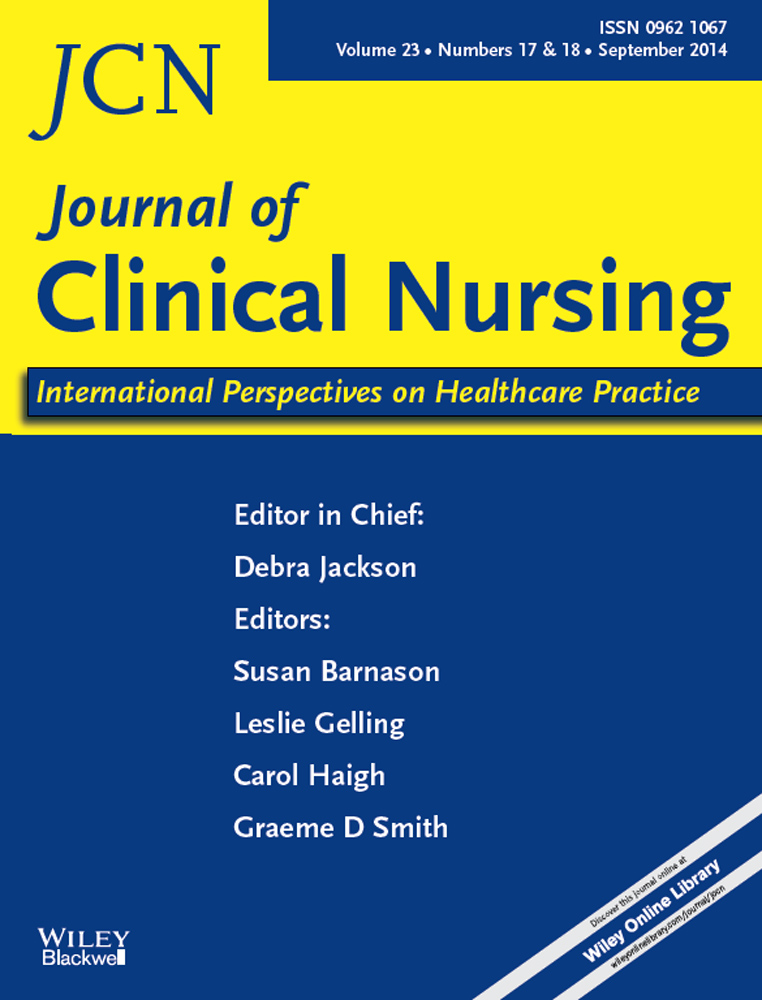‘Be our guest’: challenges and benefits of using ‘family conversations’ to collect qualitative data about infant feeding and parenting
Abstract
Aims and objectives
To describe the use of family conversations as a data collection strategy in a study that aimed to explore how ‘social context’ impacts on the infant feeding and early parenting choices of first-time mothers. Specifically, the authors aim to describe the challenges and benefits of facilitating ‘family conversations’ and the importance of considering the needs of the researcher and the research participants in the data collection process.
Background
Breastfeeding is endorsed by the World Health Organisation as a key health promotion strategy, and yet many women in Australia cease breastfeeding (either fully or partially) before the recommended time frame of six months. Engaging with and interviewing families is a well-established research strategy, but interviewing the family as a whole has rarely been used as a part of breastfeeding research.
Design
A component of a study, conducted in Sydney, Australia, was to use ‘family conversations’ to ascertain the views and beliefs that are held by those in the first-time mother's social network and how these impact on her experience of mothering and associated decision-making.
Conclusions
Being able to balance the needs of the researcher and the research participants is an important challenge that is a core component of conducting ethical research.
Relevance to clinical practice
This paper highlights the viability of ‘family conversations’ as a data collection method for midwifery and nursing research and the need for midwives and child and family health nurses to more actively engage with a woman's support network with education and other strategies to assist in creating an environment for new mothers that is conducive to the continuation of breastfeeding and thriving as a mother.




